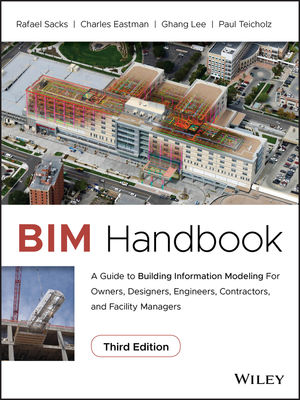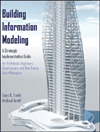What the heck am I talking about? Let me explain. It started with an interview in the May issue of AutomatedBuildings.com with Jim Hayman, who is part of the management team at Controls Group North America (CGNA) (www.cgnacontrols.com) in Brea, CA. CGNA is a national network of 34 independent wholesale HVAC/R controls distributors with 118 branches throughout the United States and Canada.
Sinclair: How involved are CGNA distributors in building automation at the integration level?
Hayman: Many of them have distributed products and provided support for commercial systems applications for years. However, the new high-end integration products in the marketplace today require a level of certification and engineering expertise that exceeds what wholesale distributors traditionally offer. CGNA distributors now have engineers and staff that understand and support the complex integration applications available for commercial buildings.
Sinclair: How do those services impact the contractors who buy from them?
Hayman: It is very difficult for contractors to stay up with the rapid technology changes in building automation without losing valuable time on the job site. Commercial buildings can have synchronized products from multiple manufacturers, making training for each installation a huge investment. CGNA distributors doing integration provide a single source for contractors to get the information and answers they need to keep working.
Sinclair: Are manufacturers of integration products embracing the value of two-step distribution?
Hayman: Yes. Two-step distributors in a network the size of CGNA is a very strong way to go to market. Manufacturers can get their products quickly into the hands of a larger number of end-users while reducing the amount of support they are required to provide from the factory. Installation questions and warranty issues can be addressed locally by the distributor, resulting in increased sales and greater customer satisfaction.
Sinclair: What is the "Integration Forum" in New Orleans?
Hayman: The forum is a half-day event during our annual conference for our members and preferred vendors. There will be speakers and a panel discussion made up of distributors, contractors, a building engineer and several manufacturers. Honeywell's Building Control Systems and Tridium are both participating. The title, "Building Automation Solutions through Distribution," communicates the focus: two-step distribution for integration offers more than parts - they offer solutions.
Hayman has written a review of this event for our June issue (www.automatedbuildings.com/news/jun05/reviews/hayman.htm.) The following is a brief overview of what was discussed at the event:
- Brian Turner of Controlco started with an "Industry Introduction - Integration Defined";
- Scott Cochrane of Cochrane Supply and Engineering continued with "Industry Direction - Multiple Manufacturers";
- Ed Merwin, director of field sales for Tridium, brought a manufacturers' perspective titled, "Driving Advanced Technology Through Distribution"; and
- Terry Turner, president and CEO of Controlco, concluded the speaker portion of the morning with "Technology - Driving the Industry."
"In summation, contractors need support for high-end applications and appreciate their local distributors' on-site experience. Engineers are looking for a single source for products to minimize the number of suppliers they work with and recommend. Manufacturers welcome the technical support and warranty service that a distributor provides for the installers. In each case, an integration services distributor adds value as a one-stop resource with the staff and expertise to move a job to a successful completion. The added value increases significantly when you combine those distributors into a national network of companies that mentor and cooperate with one another."
Wow, integration is now a distributed mainstream commodity. It will be interesting to see how CGNA approaches the complex task of educating the masses about the power of enterprise-based building automation. Their problem is an industry-wide problem that we all share: re-educating ourselves as IT professionals and working together to find the best overall solutions to bring real-time data to our clients' enterprise. ES




